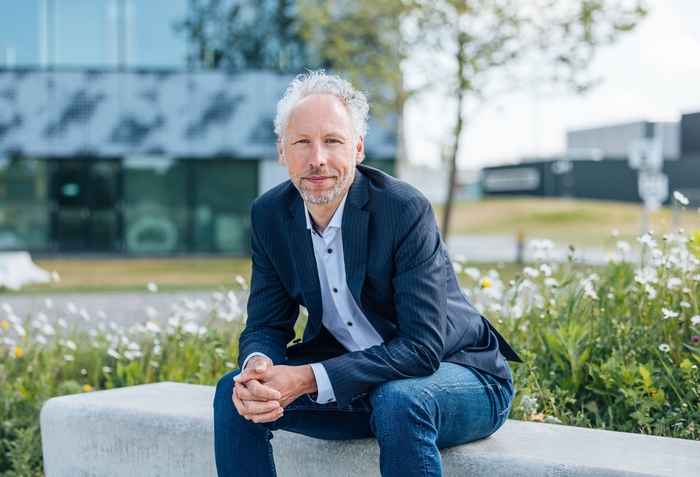Roderick Beijersbergen named professor by special appointment of Functional Genomics
24 May 2022

Roderick Beijersbergen's research group focuses on the development and application of large-scale screening technologies for the identification of novel targets for cancer therapy. With the development of the pooled screening technology, originally for RNA interference and more recently implemented for CRISPR/CAS9 screening, it is now possible to manipulate all genes in the human genome to study their role in cancer cell behaviour and therapy response. The use of these screening platforms has yielded important findings including novel cancer drug targets, insights in mechanisms of resistance and the identification of enhancers of response to targeted therapy. This has led to new oncology drug combinations currently tested in the clinic.
Functional genomic screening
‘With our increased understanding of the biological mechanisms deregulated in cancer, it becomes clear that more complex and dynamic screening models are required’, says Beijersbergen. ’For example, the integration of small molecule screening with next-generation sequencing allows us to analyse changes in cell states involved in treatment resistance. My appointment as professor at SILS-UvA will allow us to combine our screening platforms with their expertise on more complex and dynamic cellular phenotypes as read-outs. We will be able to apply functional genomic screening technologies in other areas for which expertise is present at the university.’
Several of the research lines at SILS-UvA, including molecular neuroscience, molecular cytology and other molecular biology-related projects provide opportunities for the application of advanced functional genomic screening technologies to strengthen existing research lines and to develop new directions. Beijersbergen hopes to strengthen collaborations and to provide scientific advice and support to research groups to implement functional genomic technologies in his expertise. Interestingly, the application of genetic perturbation can be in a format that allows combining screening with existing microscopy technology platforms in the van Leeuwenhoek Centre for Advanced Microscopy at SILS-UvA.
Next generation of talent
Beijersbergen coordinates the master’s track Oncology, part of the Biomedical master’s program at the UvA and is dean of master's students at the Netherlands Cancer Institute. He organizes the annual course Experimental Oncology for students of several master's programs at Dutch universities. ‘With my appointment, I hope to strengthen the educational programs at the Netherlands Cancer Institute and the collaboration with the university. It allows us to train the next generation of talented scientists in a rapidly changing research environment with more powerful and complex experimental technologies.’